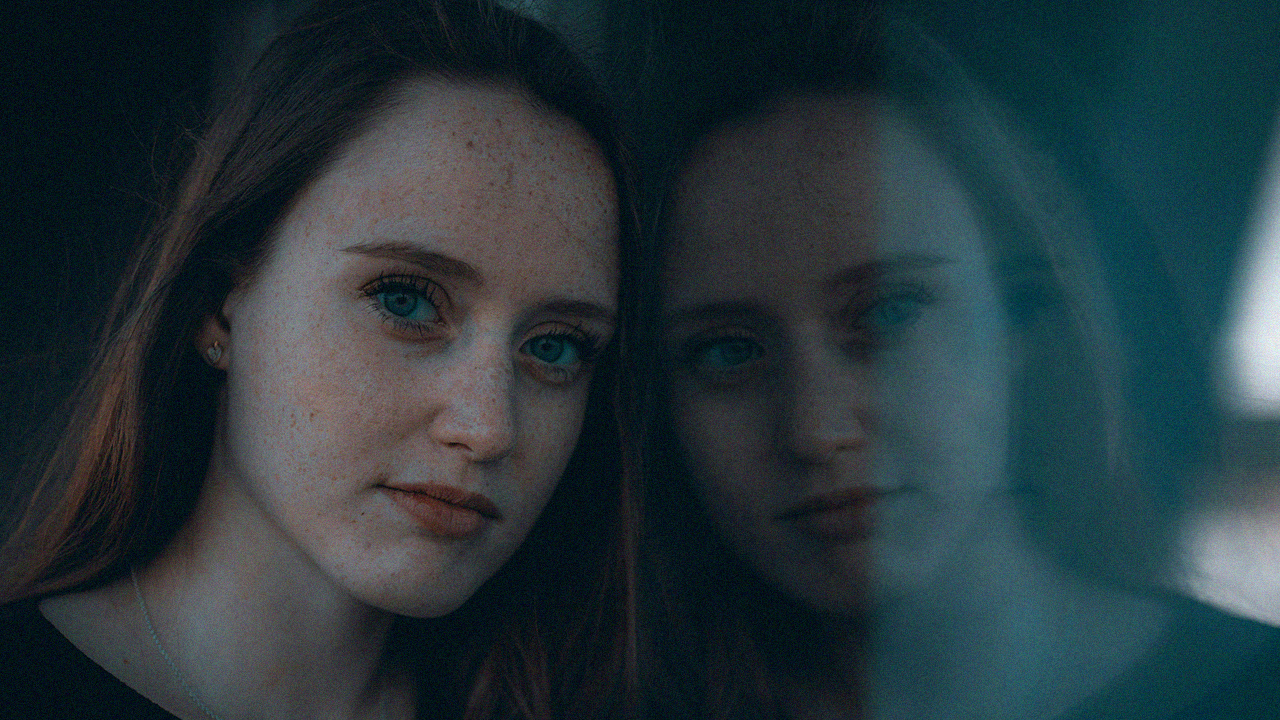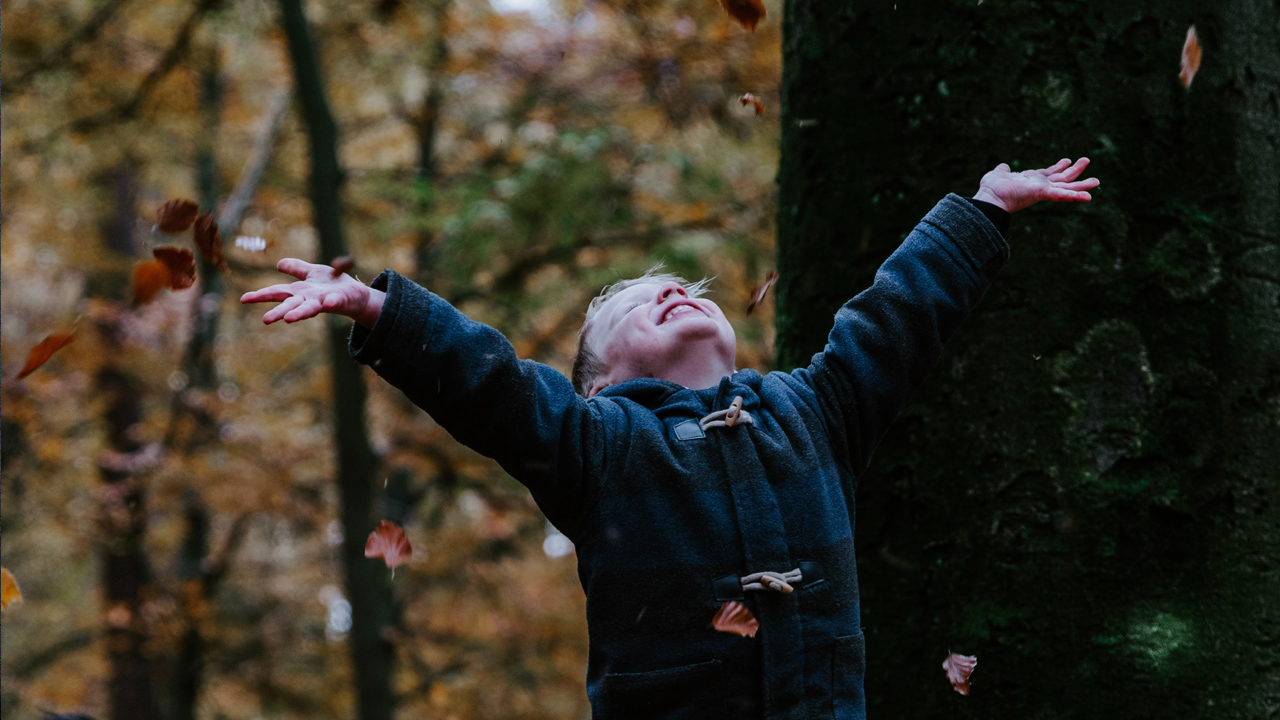
Radical Forgiveness
Some things are too big to grasp all at once. Like those Nazca lines in Peru…geoglyphs laid down on a windless plateau around the time of Christ—so big you can only see them from the air. Other things are too big to grasp within the limits of rational thought. You need greater perspective to see, not altitude, but a step outside conscious thought to the wordless awareness of pure presence. You still can’t grasp the thing intellectually, but you can experience its reality.
God’s radical, degreeless, indiscriminate love is just such a thing. This is why Jesus doesn’t give us a theology. More things to think about. We can understand the words that describe perfect love, but not its reality from words alone. So Jesus gives us a Way of living, the only way to experience the reality of a love so alien that it can’t be rationally understood.
Alien. I hope that word is uncomfortable.
Only if we are experiencing something uncomfortably unfamiliar at first, or even frightening or amoral according to our sense of justice, are we even in the neighborhood of God’s radical love.
Nowhere is this paradox more apparent than with the concept of forgiveness. Forgiveness is greatly misunderstood. We equate forgiveness with condoning the past, making restitution, even reconciliation, but it has nothing to do with any of these. Neither does it have anything to do with the person who hurt us…we can forgive the dead. In Aramaic, forgiveness descends from the same root word as freedom. To those who wrote the gospels, to be forgiven is to be set free from any victimization or unbalance that has occurred, to be restored to our original state.
This is a completely interior process that only we can do for ourselves. No one, not even God can do it for us. God doesn’t forgive; God is forgiveness as much as God is love. God can’t withhold his own nature; it self exists. All we will ever get from God is love and forgiveness, but we will never know this reality until we live the Way, until we love and forgive those who haven’t earned it. Then we’ll know how real it is, how it had to first be given to us before we could ever give it away.





